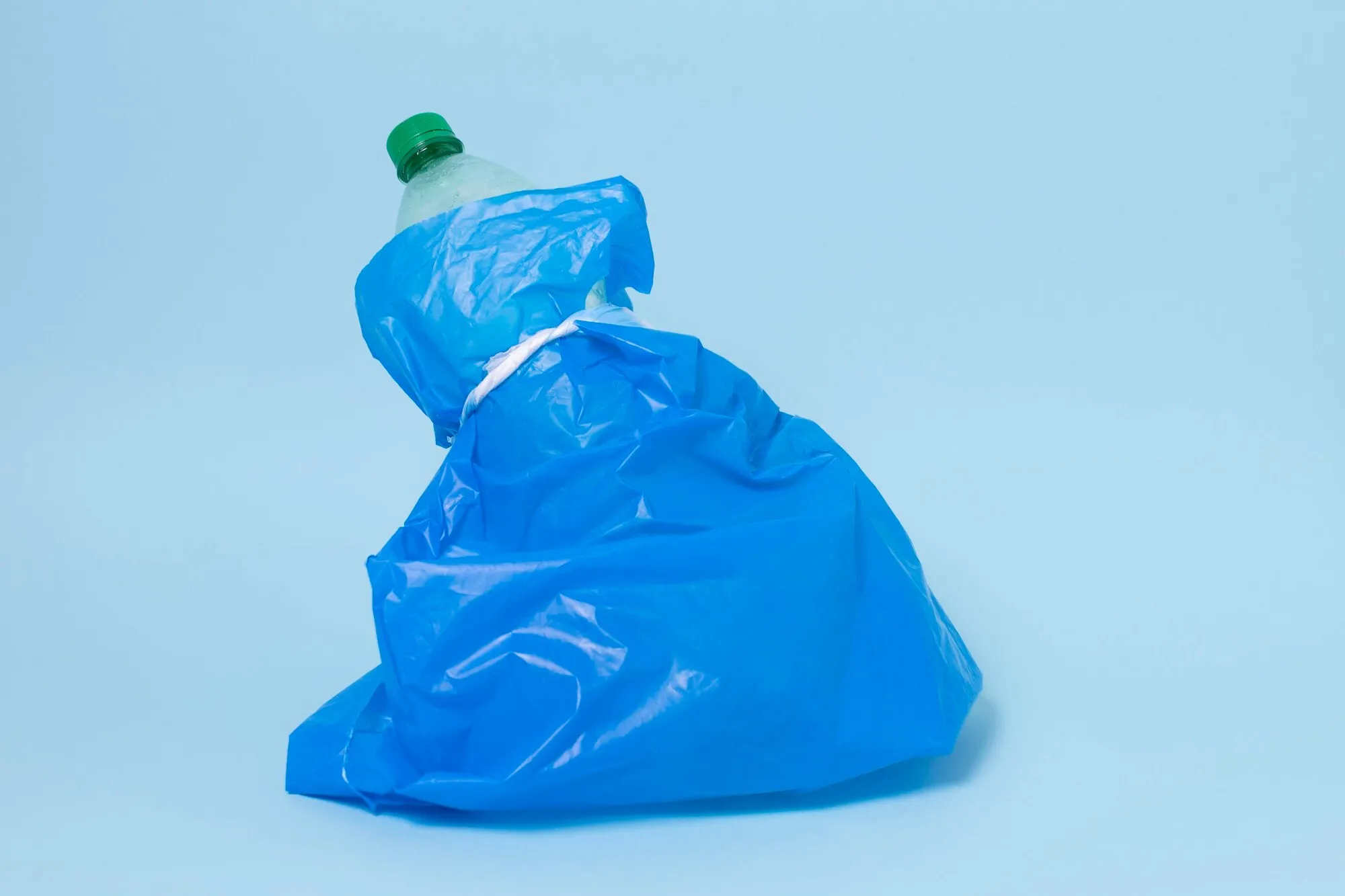+90 224 504 28 12 (TR)
Üçevler Mahallesi İzmir Yolu Cadde No:241/C Blok Westpoint D:32 Nilüfer, Bursa, 16120

Today, the use of plastic is integrated with our social life. Despite the practical and positive aspects of the use of plastic, there are also negative and very harmful aspects to the environment. The raw material of plastic is generally petroleum and petroleum derivatives. Plastic is a substance obtained as a result of the use of petroleum or its derivatives as a raw material in the petrochemical industry and their chemical transformations. In this context, there are many indications that microplastics, a type of plastic, have become a risk for the environment.
Today, the global plastics industry generates an annual revenue of 600 billion dollars. Today, plastic consumption per capita in developed countries on a global basis can reach up to 100 kilograms on average.
Plastic garbage accumulated in the oceans causes serious environmental problems with mechanical erosion and chemical erosion in the seas. And if it continues like this, it is stated that by 2050, there will be almost more plastic waste than fish in some seas. During the processing of fossil fuels to produce plastic, there are irreversible damages to the environment and a large amount of harmful gases and wastes are released to the environment during the production of plastic. Likewise, the toxic gases that emerge when plastic bags are burned in landfills to destroy them have a very negative impact on the environment. According to the 2016 plastics industry report, only 9% of plastics were recycled, 12% was burned and 79% remained as plastic waste in nature.
Although it is not known how much plastic consumption can be prevented, we can minimize its use or use this plastic waste for our benefit by managing it correctly. Many international organizations around the world come together and work on the environmental damage of plastic garbage and their solutions. Some countries are trying to deter people from using plastic bags by making single-use plastic bags for a fee, making business owners who offer free bags to their customers pay fines. There are plenty of micro-particles in cosmetic products (peeling, facial cleansing gels, etc.) and toothpastes used every day in daily life. With the prohibition of the production of microbeads in the USA in 2017, other developed countries such as England, Canada and Australia took action, and as of 2018, microbeads added to cosmetics were banned in almost all European countries. Another measure to reduce plastic pollution is recycling. When plastic wastes are recovered, the life of landfills is extended, non-renewable raw material resources are protected, 14,000 kWh of energy is saved when 1 ton of plastic is recovered, import dependency of countries is reduced and nature is protected.
Plastic waste, which takes a very long time to disappear in nature, has caused very serious environmental problems by threatening the living life in the seas and oceans. In fact, according to experts, if our world continues to be polluted with plastic waste in this way, it is estimated that there will be more plastic waste in the seas than fish in 2050. The unconscious and irresponsible behavior of people causes plastic waste, which threatens the world and environmental values so much. For this, people need to act responsibly and consciously when using, consuming and discarding plastics.
RESOURCES